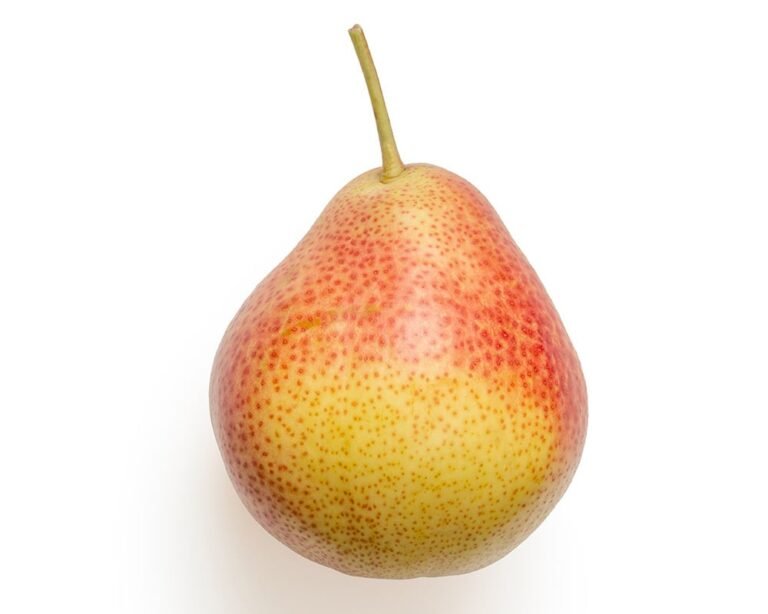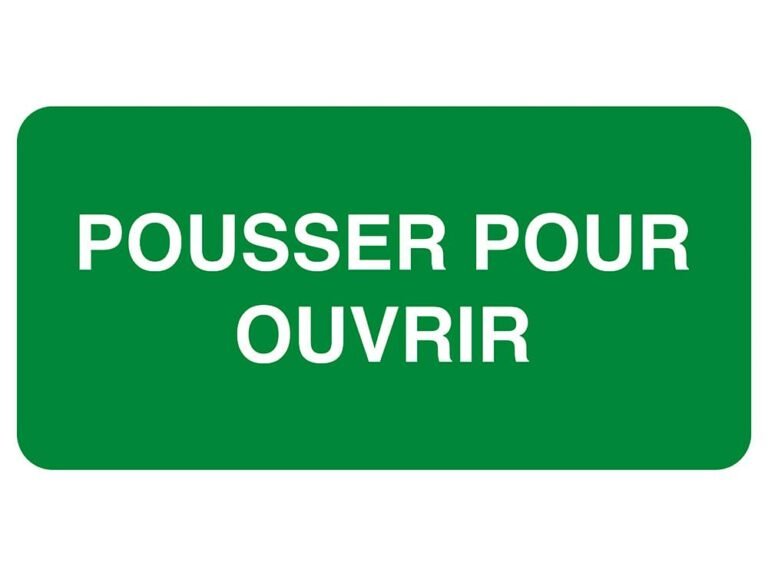g pronunciation
The letter “g” can be pronounced in two different ways in French. It can be hard, like the first “g” in the word “garage,” which is both a French word and an English word. Or it can be soft, like the last “g” in “garage.” How do you know whether a “g” will be hard or soft?
Hard “g”
The letter “g” is always hard before the letters “a,” “o” and “u” in French.
- garantir – to guarantee [GAH RON TEER] (silent “n”)
- gonfler – to inflate [GON FLAY] (silent “n”)
- gustatif – an adjective = “related to taste” [GU STAH TEEF]
Soft “g”
The letter “g” is always soft before the letter “e,” “i” and “y” in French. It sounds the same as the letter “j” in French.
- gelée – la gelée = “the jelly” [JAY LAY]
- gibier – le gibier = “the game,” ie meat obtained by hunting, not farming. [JEE BEE AY]
- gynécologue – le/la gynécologue = the gynaecologist [JEE NAY KOH LOG]
Hardening a soft “g”
If a word would normally be spelled “gi” or “ge,” but a hard “g” is desired instead of a soft “g,” the letter “u” will serve to harden up the “g.” Note that the “u” is silent and not pronounced.
- guêpe – une guêpe = “a wasp.” [GEP] (not “goo ep” or “gwep”!)
- guide – un guide = “a guide.” [GEED] (not “goo eed” or “gweed”!)
Softening a hard “g”
If a “g” needs to be softened, an “e” is added after it. For example, in the verb “manger,” the “g” is always soft. But if the nous form were spelled “nous mangons,” the “g” would be hard, which is not correct here. So the nous form is spelled “nous mangeons” to provide an appropriately soft “g” that matches the other parts of the conjugation.
- je mange
- tu manges
- il mange
- nous mangeons
- vous mangez
- ils mangent






